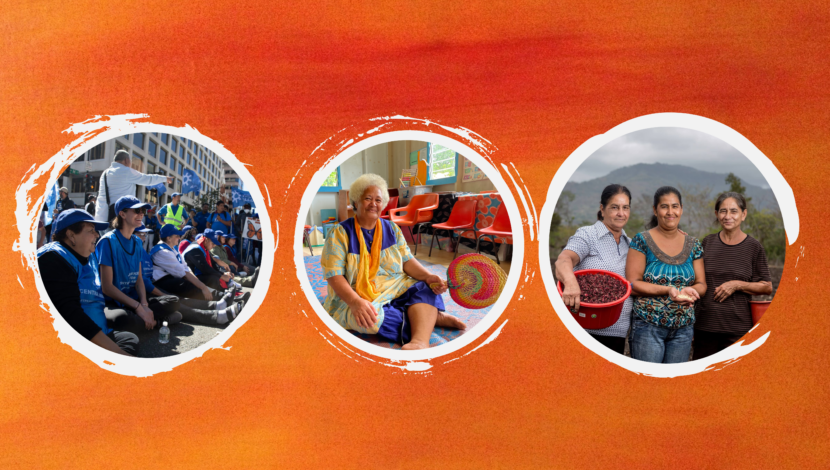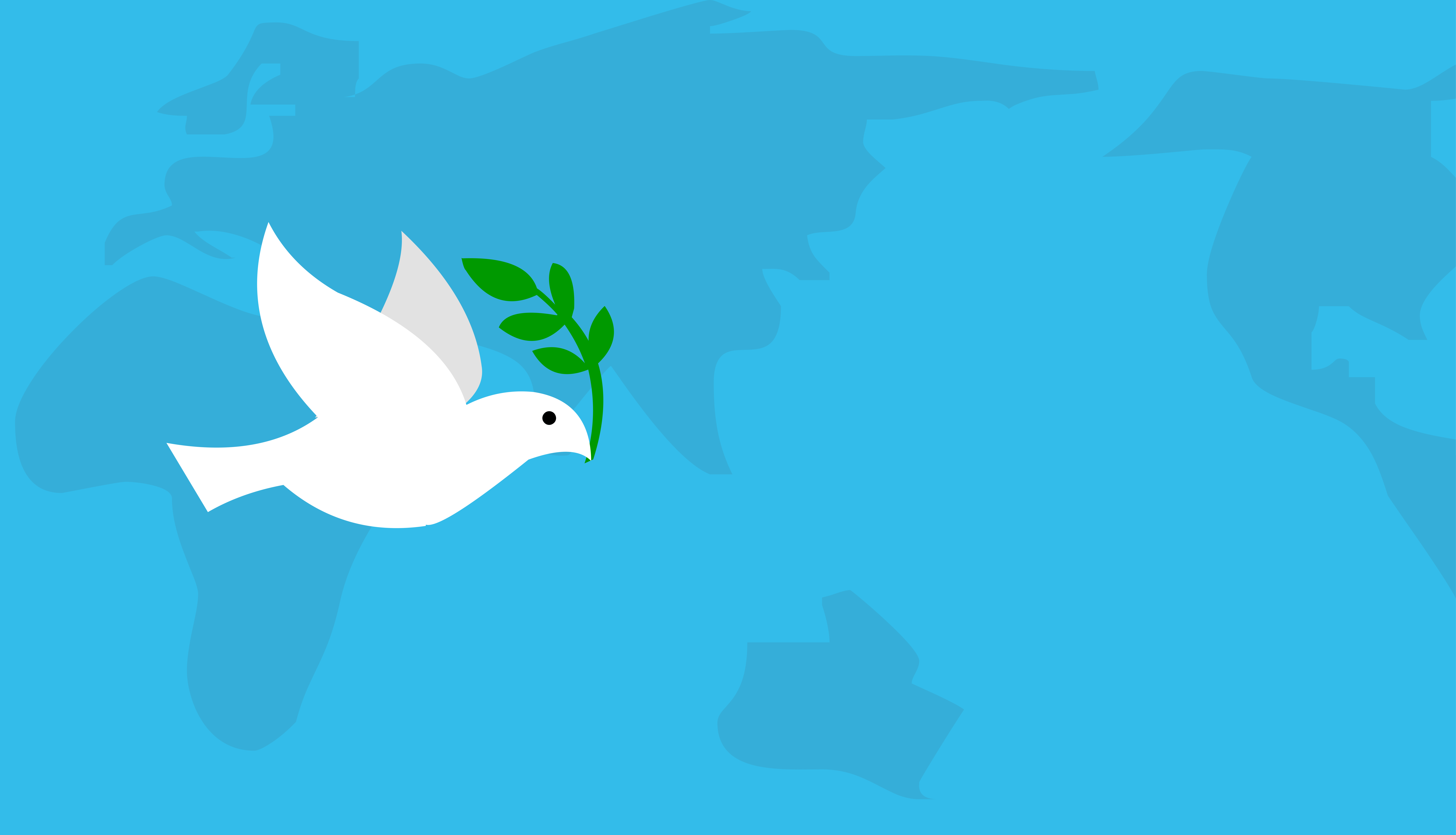The Unitarian Universalist Service Committee advances human rights through grassroots collaborations.
Human Rights Day 2022: A Time for Hope

December 9, 2022
On December 10, 1948, the world’s nations adopted the Universal Declaration of Human Rights—a document that has served as a touchstone for UUSC’s work ever since. Born out of the ashes of war and genocide, the decalaration symbolized humanity’s hope that a different world was possible: one in which all people would be treated with respect and dignity. Every year on December 10, we join the United Nations in marking this historic occasion, which is commemorated worldwide as Human Rights Day. It is also a time to remind ourselves of the hope and aspiration that first led to the creation of this document in 1948.
The past several years have brought grave challenges to that hope. What one UN agency characterized as a set of, “cascading and multiplying crises” has threatened the limited progress humanity made over the previous half-century to alleviate poverty and violence. The devastating effects of climate change become more visible by the day; war in Eastern Europe, Southeast Asia, and elsewhere has displaced millions of people; a global pandemic claimed millions of lives and threatened to force millions more into extreme poverty; and a rise in populist, ethnic nationalist, and authoritarian movements endangered electoral institutions in some of the world’s largest democracies, including Brazil, India, and the United States.
Even if the previous few years made the prospects for the international human rights movement appear bleak, however, 2022 brought unexpected hope. This past year showed that humanity is not done fighting for a better world, even in the face of severe challenges. Those who had looked on the events of 2020 and 2021 and despaired of ever realizing the promises of the Universal Declaration of Human Rights could not have foreseen the extraordinary power and resilience that popular struggles for democracy and human rights would demonstrate in 2022. If the previous two years gave fuel to pessimistic forecasts for the future, 2022 defied every dire prediction.
Did we fear that global leaders would never make progress toward addressing the climate crisis, for instance, due to the power of entrenched interests and intrinsic barriers to collective action? 2022 proved us wrong. Seemingly against the odds, directly-affected climate activists from the Global South won a major concession from wealthy governments to create a first-of-its-kind loss and damage fund, designed to compensate frontline nations directly for the costs of an ecological crisis they did nothing to cause. While much work remains to be done to improve and strengthen this commitment, it is a first step toward realizing a possibility that many in the Global North had long dismissed as a pipe dream.
Were we prepared to throw in the towel on defending democracy, after 2020 and 2021, in light of the authoritarian backsliding we’ve witnessed across the globe (think of the coup in Burma (Myanmar) in 2021, rising authoritarianism in Haiti, anti-democratic movements in the United States, and more)? The people most affected by these crises were not prepared to give up so easily. Under authoritarian regimes including Iran and the People’s Republic of China, major protest movements forced unprecedented changes in government policy. In the United States, voters across party lines rejected candidates who advocated insurrection and denied the results of legitimate elections. In Burma, pro-democracy citizens refused to be crushed into submission, and they are now closer than ever to casting off their military oppressors, despite the junta’s brutal and unrelenting efforts to break their spirit.
Perhaps Vladimir Putin’s unprovoked invasion of Ukraine convinced many of us that humanity had entered a new phase of war and aggression, in which major powers are permitted to bully their neighbors with impunity? Yet, almost a year after Putin’s war began, his invasion has still not come close to succeeding. The Ukrainian people are still fighting for their freedom; just as people around the world are still fighting for their human rights, even—or perhaps especially—in causes that others had long dismissed as hopeless.
UUSC grounds its work in the leadership of directly-affected communities for precisely this reason: they do not have the luxury of despair. Failure is not an option, so they keep fighting even when many more privileged observers would write the struggle off as futile. The democratic resistance to the Burmese junta? Nearly two years after the coup, they are still there; still fighting. People on the frontlines of climate destruction, in the Pacific and elsewhere? Still there; still fighting. Our partners in Haiti, Guatemala, and Honduras facing government corruption, extreme violence, and the unraveling of civil society? Again—still there; still fighting.
If they do not give up when their own lives and futures are on the line, what excuse is there for people living in relative safety to abandon hope? Clearly, the promise of the Universal Declaration of Human Rights is still achievable, for all the setbacks we have suffered in the past few years. The events of 2022 are proof that the human aspiration for a world of equal rights and universal justice cannot be killed or thwarted, no matter the challenges we face. Perhaps Human Rights Day may serve as another turning point, when we remind ourselves of the strength of the human spirit and renew our commitment to fulfill its promise across the globe.
Image Credit: UUSC

